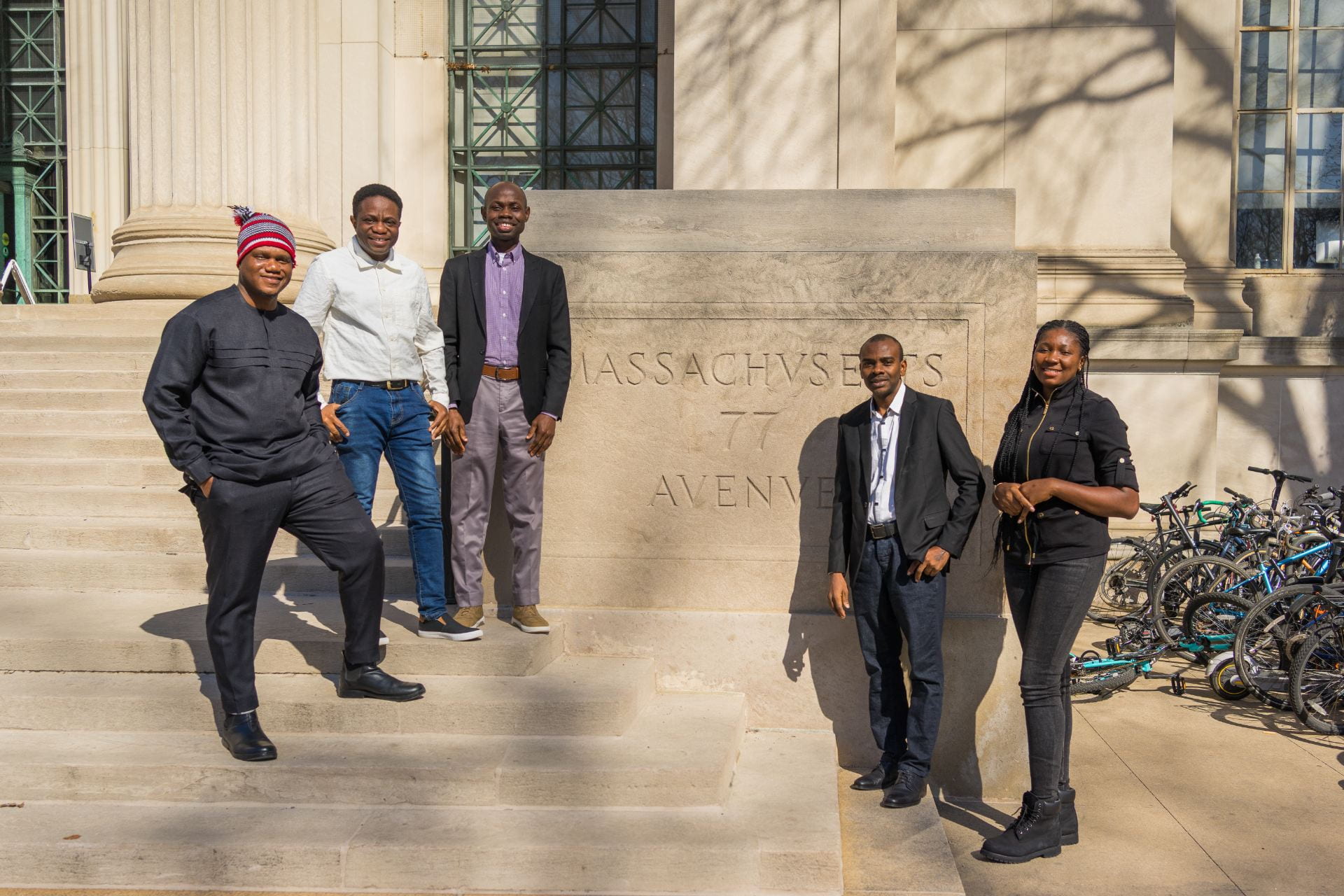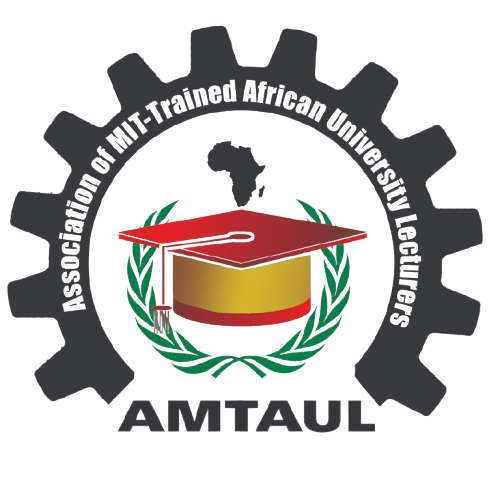Since its inception, the MIT-ETT program has equipped Nigerian faculty with the tools and mindset to reimagine higher education. Through new teaching methods, innovative research, and leadership roles, fellows are creating a ripple effect that extends from classrooms to national policy.
Leaving an indelible mark on the Africa of tomorrow.

How Fellows Drive Change
From Classrooms to National Policy
Curriculum Innovation
Fellows redesigned or created courses using backward design, Bloom’s Taxonomy, and outcome-based education — raising adoption of student-centred strategies from near zero to nearly 100%.
Teaching Transformation
Active learning methods like flipped classrooms, peer instruction, and think-pair-share now reach thousands of students each semester.
Innovation in Practice
From building FM receivers and AI-based security systems to launching interdisciplinary labs, fellows have embedded real-world projects in their teaching.
Research & Grants
92% of fellows now secure major grants, compared to only 46% before the program — with awards ranging from ₦7.5M local grants to multi-million-pound international collaborations.
Leadership & Policy
Fellows have advanced to roles such as Acting Head of Department, Deputy Dean, Directors of Research Labs, and even contributors to Nigeria’s National AI Strategy
Collaboration & Networks
ETT Fellows form lasting connections across disciplines, universities, and borders. Many collaborate on joint research projects, co-author publications, and share resources between their home institutions.
Student & Societal Outcomes
Over 7,000 students have been taught with student-centered methods—reporting higher engagement, better collaboration, and stronger problem-solving skills.
Student-mentored publications rose from 47 to 177, with the average per fellow growing nearly fourfold. More students now co-author papers, present at conferences, and join competitive research schools.
Graduates mentored by fellows earn scholarships to programs abroad and land roles at leading companies; some progress into research labs, government agencies, and entrepreneurial ventures.
Fellows have advanced into roles that shape curricula, lead innovation hubs, and contribute to national strategies (e.g., AI and digital skills), creating institutional changes that outlive any single course.
Student and staff teams have secured competitive grants and prizes (e.g., IEEE EPICS/TryEngineering, British Council programs, national innovation challenges), bringing equipment, seed funding, and visibility back to their departments.
Classroom projects extend into society: solar power installations for nonprofits, low-cost water purification filters for rural communities, and energy/automation pilots that address local needs.
Universities now host centers and labs (AI, embedded systems, fabrication) where students complete internships, industry projects, and maker challenges; some labs host 50–60+ trainees per cycle, expanding regional talent pipelines.

Looking Ahead
Over the next phase, the ETT fellowship aims to deepen its footprint by expanding cohorts, strengthening university partnerships, and growing a national mentor network led by alumni Fellows. Priority areas include a digital resource hub for open courseware and lab kits, faculty bootcamps on student-centered teaching, and structured fellow-to-fellow mentorship to help departments redesign core courses at scale. The program will also cultivate more industry and government collaborations so students encounter real problems—energy, health, agriculture—through capstones, internships, and living-lab projects.
To sustain momentum, ETT will invest in rigorous impact tracking and alumni leadership pathways. Fellows will receive support to launch campus innovation studios, co-write grants, and pilot cross-institution courses, while micro-credentials certify students’ hands-on skills. Annual policy dialogues and showcase events will spotlight evidence of learning gains and scalable models, positioning the network to influence curricula nationally. In short, ETT will keep equipping educators to produce globally competitive graduates who design solutions for local challenges.
